The 7th March is celebrated as Teacher’s day in Albania, but did you know that it actually has an important historical meaning? I for sure didn’t when I first heard about Teacher’s Day. Let’s explore why the 7th March is Teacher’s Day in Albania and when it all started.
To understand the cultural importance of Teacher’s Day, we need to understand more about Albanian history and the role of the Albanian language for the Albanian people.

Albania has a diverse history and in its time has been taken over and run by more than one nation and empire. Albania was part of the Byzantine Empire but as the empire’s influence weakened, other nations such as Bulgaria, Italy and Serbia started exerting their influence over Albania.
In 1388 the Turks from the Ottoman Empire started invading Albania and completed the occupation in 1430.
After 1443 Gjergj Kastrioti, also known as Skanderbeg, rallied all of the Albanian princes together and together they succeeded in driving the Turks out of Albania. For the next 25 years Skanderbeg ran the country out of his base in the castle of Krujë and through various efforts, stopped the Turks from regaining Albania. Once he passed away however, the Albanian resistance gradually crumbled and the Turks re-occupied the country in 1506.
As the renaissance began in Europe, Albania was cut off from communications and therefore could not benefit from scientific and humanistic learnings developed elsewhere. The occupation also damaged the Albanian economy, and the development of art and culture and as a result many Albanians fled abroad to Southern Italy around this time.
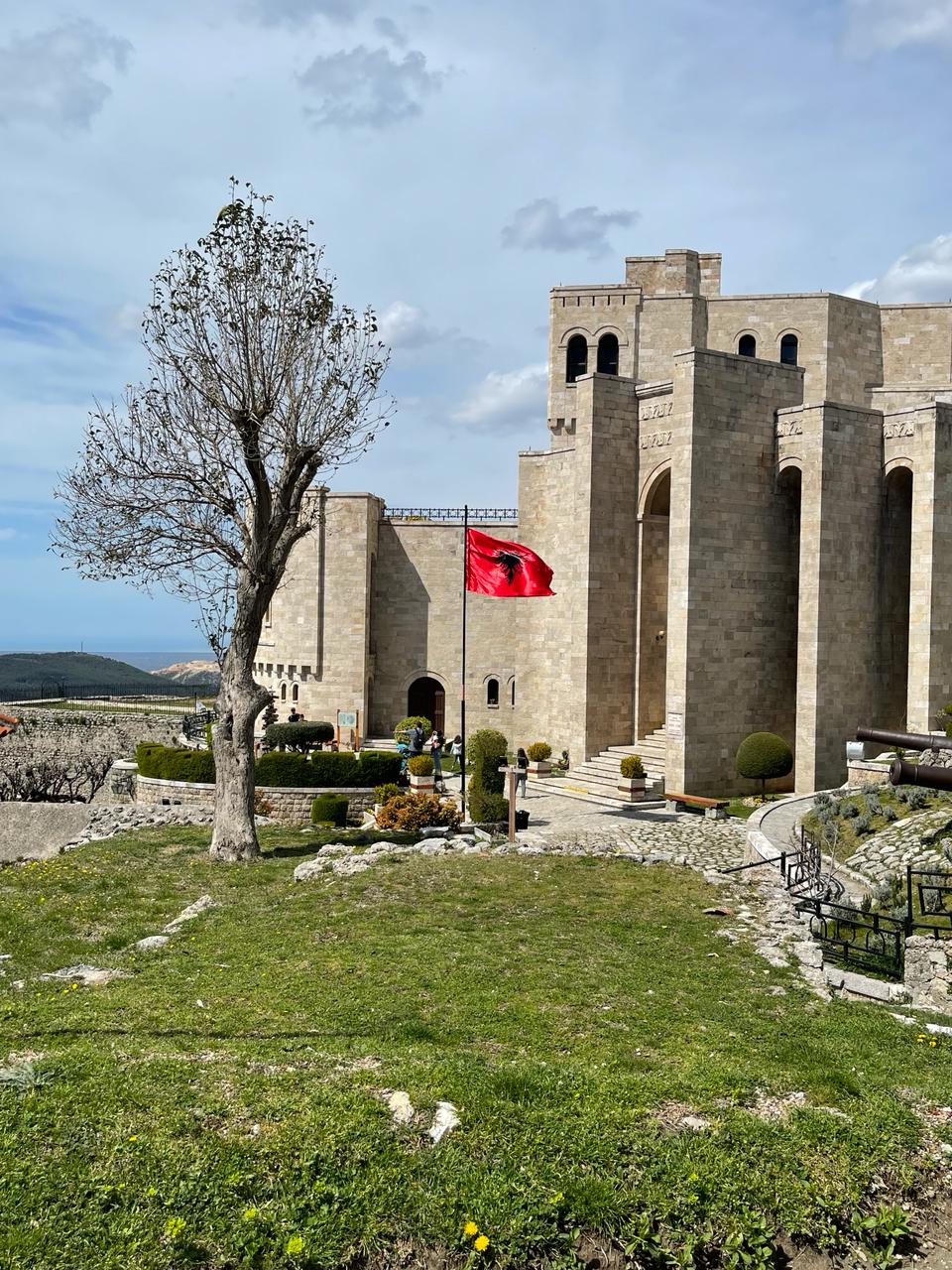
Image Credit: Jessica Dornieden
While the Ottoman Empire ruled over Albania for more than 400 years they never quite managed to bring Albanians under their control entirely. In the mountainous regions the Turks were only ever in charge on paper and the locals refused to pay the taxes or serve in the army.
Over the course of these 400 years, there were many attempts of Albanians to rebel against their occupiers, however none of them successful. The Ottoman authorities decided towards the end of the 16th century that Albania should be brought closer to the empire and they did so by Islamising the country. By the end of the following century around two thirds of the population had actually converted to Islam, not out of faith, but as a way to escape Turkish violence and exploitation (like the massive Christian tax).
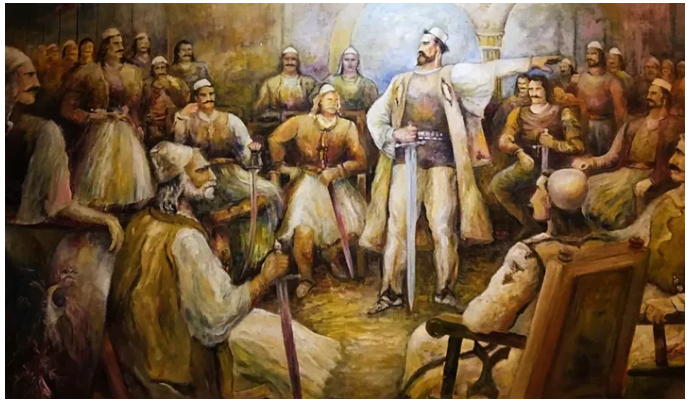
Image Credit: Medium, Anna Dumen
The Ottoman government did not recognise any ethnic or linguistic groups. It only recognised religious institutions and their language. Because the Albanian didn’t have a common religion or their own church, they were not allowed to be educated in their own language. For centuries Albanian books were prohibited.
Let’s fast-forward now to 1885 so we can find out why March 7th is known as Teacher’s Day in Albania.
In 1885, Naim and Sami Frashëri along with influential Albanian leaders involved in the Society for the Publication of Albanian Writings managed to obtain permission from the Sultan to open a private Albanian boys elementary school in Korçë. The school is known as Mësonjëtorja and up to this day serves as a museum. It can be found on the north side of Bulevardi Shën Gjergji and is officially called Muzeu Kombëtar i Arsimit.
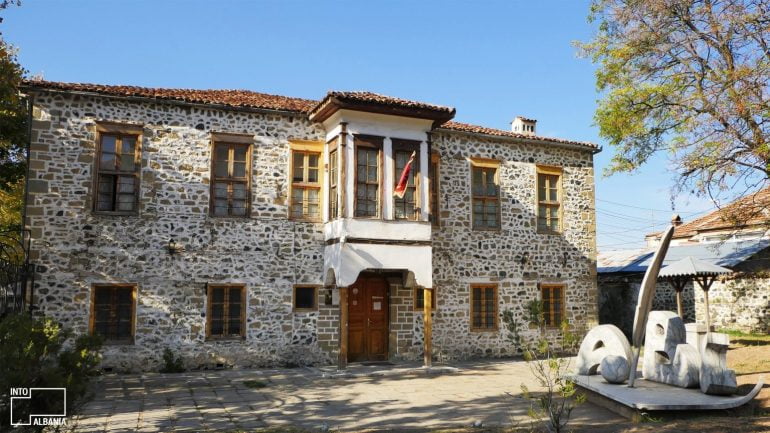
Image Credit: Gazeta Shqiptare
However before the school could officially open, there were a multitude of issues that needed to be addressed.
The funding for the school was provided by an Albanian diaspora organisation based in Bucharest. Albanians from Istanbul decided Pandeli Sotiri should become the first school director.
But there was another issue. The city of Korça was under Greek influence and both the Society for Albanian Writings, and Drita, the Albanian Diaspora from Bucharest, had made agreements not to upset the town’s notables by founding an Albanian language school.
Drita sent a member of the diaspora called Thimi Marko, a town local, on a mission to discuss the issue with the town’s leaders.
Despite fruitful discussions, Constantinople refused to have Albanian taught within existing Greek schools belonging to the Korçë Orthodox Community.
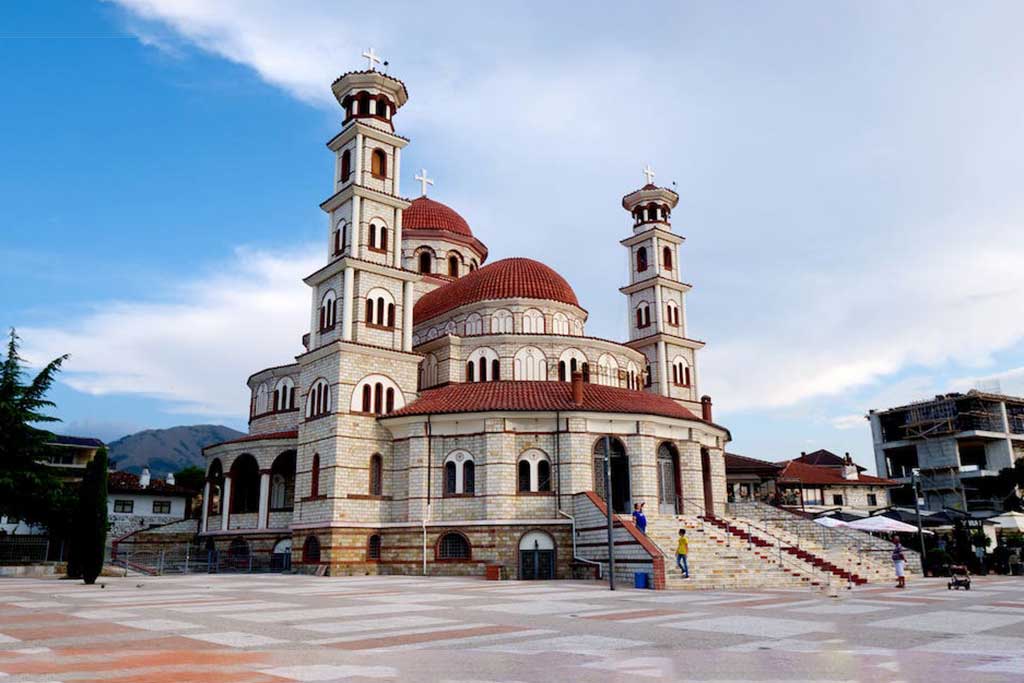
Image Credit: Visit Albania App
Finally decisions were made and Pandeli Sotiri was sent to Korçë to open the first secular Albanian language school on 7 March 1887. Due to a lack of materials Sami and his brother Naim Frashëri and others wrote textbooks in the Albanian language for the school.
The ottoman authorities gave permission only for Christian Children to be educated in Albanian, however this rule wasn’t followed and Muslim children were allowed to attend. In the first year the school had enrolled around 200 students of both Muslim and Christian Faith.
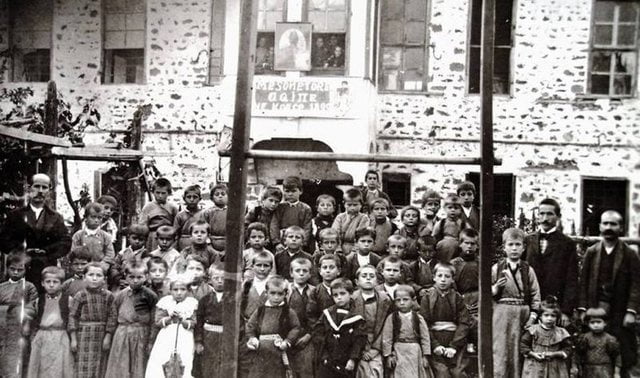
Image Credit: Dritare.net
For various reasons the school only remained open for around 15 years. There was too much pressure from the Ottoman leadership, who were opposed to the school and who feared that it was used to form groups to overthrow the local leadership who is pro-Ottomans.
The pressure also extended from the local Greek Orthodox clergy who were concerned that the school would lead to a formation of an Albanian Orthodox church.
As a result the school was locally denounced and student enrollment dropped.
The school was also plagued by financial problems and they struggled to raise the funds needed to continue the operation of the school.
In 1902 Abdul Hamid II ordered the school closed down. Its then leader was arrested and incarcerated.
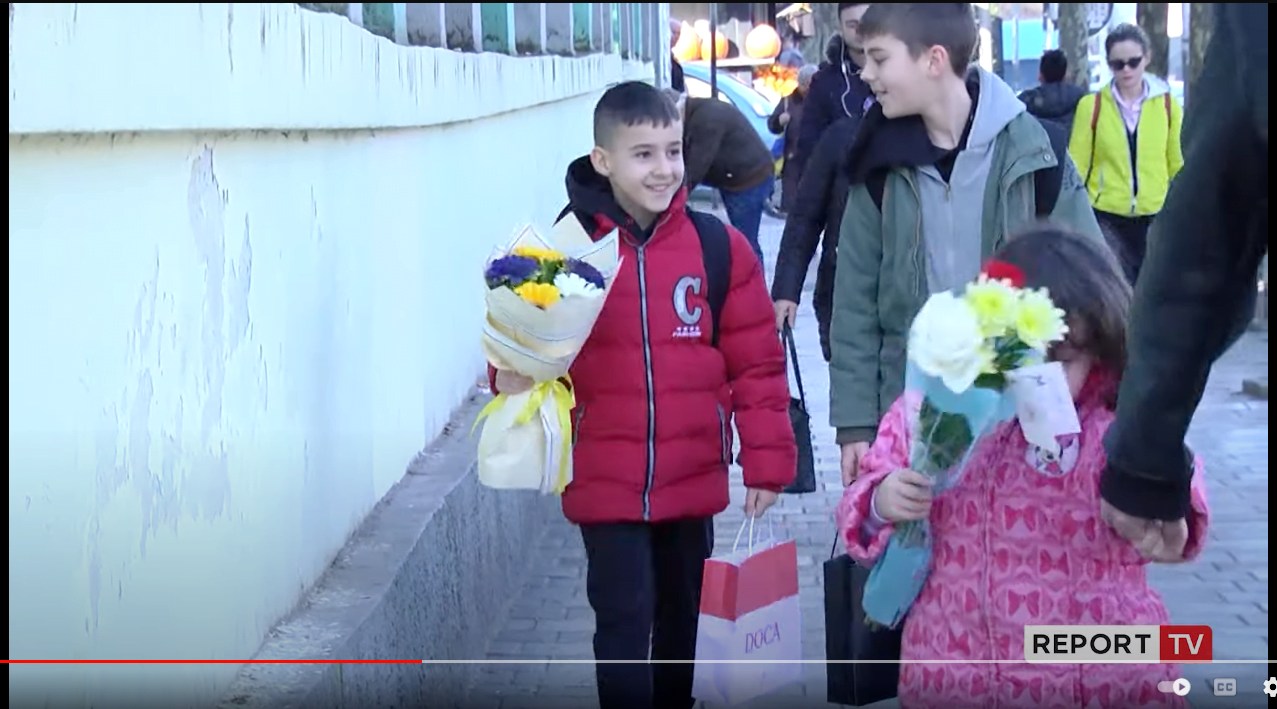
Image Credit: Report TV
How is Teacher’s Day in Albania Celebrated?
Up until the 1990s Teacher’s Day was celebrated heavily and the government would give out awards for the most popular teachers. Students would in some areas also go to visit their teacher at home.
Nowadays students and teachers celebrate teacher’s day by organising parties and events and giving their teachers small gifts and flowers.
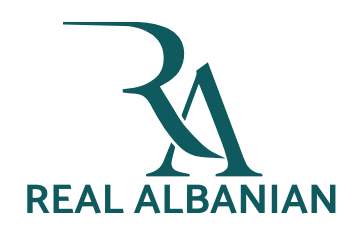
0 Comments